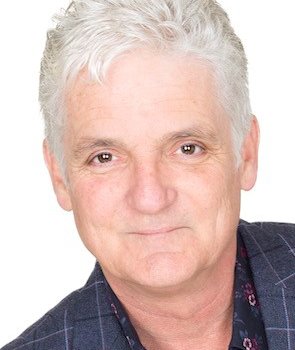
Peter Matthews
No Planet B
By Peter Matthews
Great news: Plant-based milk bottles. Fonterra have announced new fully recyclable milk bottles made from sugarcane. The press release shows the bottle nestled on a bed of green leaves, with the text on the label proclaiming “I’m a plant-based bottle”.
When I saw the ad on TV last night, I was properly impressed; this is great progress, and a fitting subject for my column this week.
The irony of the claim is conspicuous: milk not being a particularly environmentally friendly product. Let’s not dwell on that today.
The bio-HDPE is made in Brazil from sugarcane. Some might question, somewhat cynically, how long ago the farm on which the sugarcane grows was cleared of indigenous vegetation. But then surely all farms, everywhere, were once cleared of the naturally occurring plantscape to make way for the cultivation of crops. So, we can’t have a go at them for that.
It is a sad fact that for many and varied reasons a huge amount of plastic which could be recycled in this country each year is not.
The bio-HDPE is then shipped to New Zealand where it is made into milk bottles. Mmm – I don’t buy grapes from California (very often) because of all the fuel which has to be burned to get them here, but I suppose shipping plant-based plastic around the globe is OK – if the resulting container is fully recyclable, or at least it would be if the resulting recyclable container was actually recycled.
It is a sad fact that for many and varied reasons a huge amount of plastic which could be recycled in this country each year is not. One of these reasons is public understanding of what can be recycled, how, where, and when. Another is apathy – a surprising number of people can’t be bothered. I could stick my neck out here and make a sweeping generalisation about older people who know they won’t be around to deal with the fallout and so don’t make the effort – but that would be a bit contentious wouldn’t it? Mind you, I’ve done it before and there wasn’t so much as a single letter to the editor from an indignant aged recycler – so it must be true.
This plant-based bottle is not looking as wonderful as I thought. Oh well, at least being plant-based it must be compostable. Except that it’s not. Here’s something I have learned from my research today: You can make plastic from fossil fuels which is compostable, you can make plastic from fossil fuels which is recyclable, you can make plastic from plants which is compostable and you can make plastic from plants which is recyclable. But regardless of your raw materials, it appears that you can’t make plastic which is recyclable AND compostable.
Obviously the yet to be realised ideal is plant-based, recyclable, compostable plastic. Makes sense doesn’t it? Then even if it does end up in the landfill it will biodegrade.
In the meantime, those who are moving in the right direction should be allowed to trumpet their achievements, as long as we keep a critical eye on what they are actually achieving.









